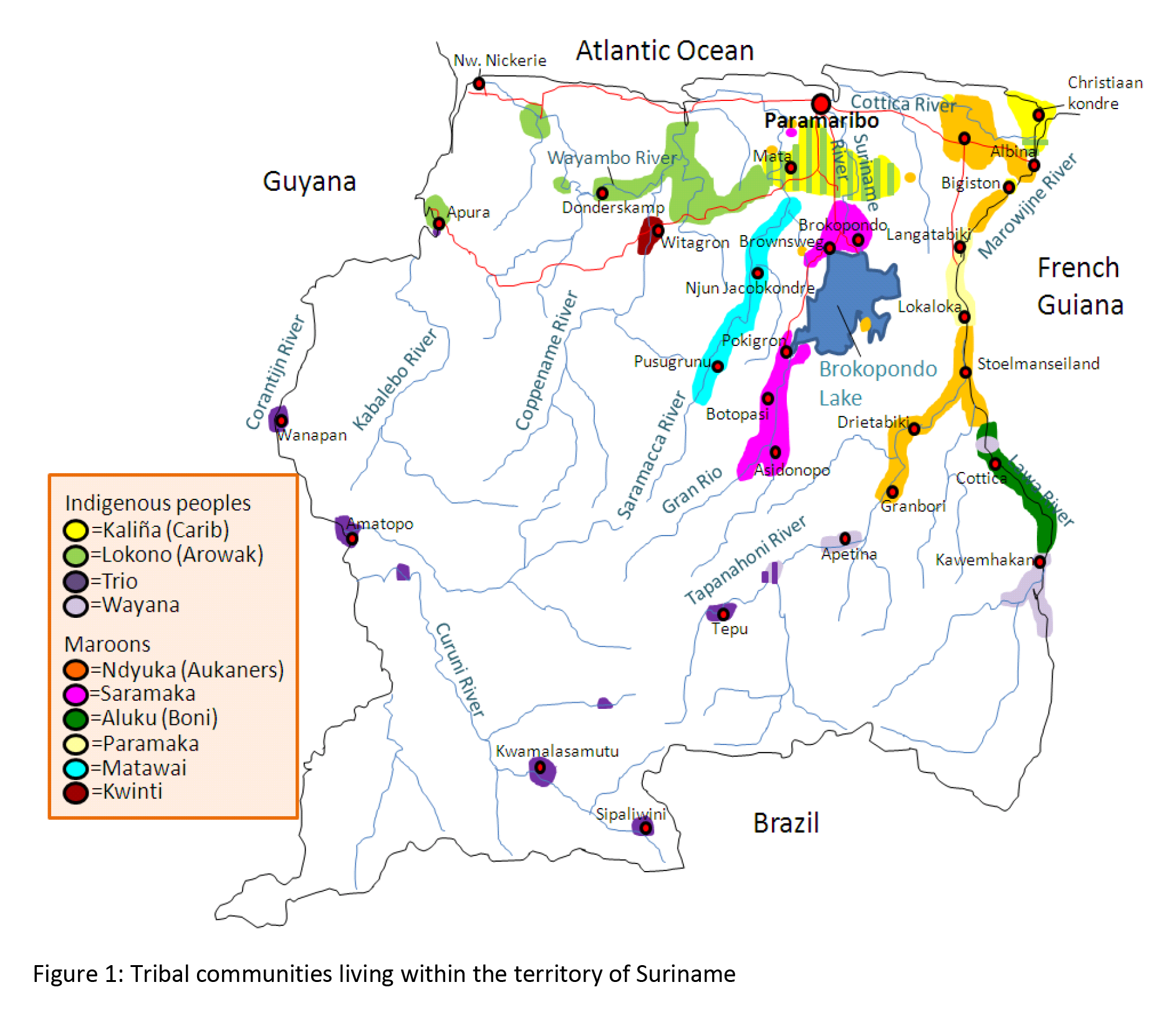|
Surinamese Maroons
Surinamese Maroons (also Marrons, Businenge or Bushinengue, meaning ''black people of the forest'') are the descendants of enslaved Africans that escaped from the plantations and settled in the inland of Suriname. The Surinamese Maroon (people), Maroon culture is one of the best-preserved pieces of cultural heritage outside of Africa. Colonial warfare, land grabs, natural disasters and migration have marked Maroon history. In Suriname six Maroon groups — or tribes — can be distinguished from each other. They themselves form a subgroup of the Afro-Surinamese. Demographics There are six major groups of Surinamese Maroons,Cf. ''Langues de Guyane'', sous la direction de Odile RENAULT-LESCURE et Laurence GOURY, Montpellier, IRD, 2009. who settled along different river banks: * Aluku, Aluku (or Boni) at the Commewijne River later Marowijne River, * Kwinti people, Kwinti at the Coppename River, * Matawai people, Matawai at the Saramacca River, * Ndyuka people, Ndyuka (or Aukan) at ... [...More Info...] [...Related Items...] OR: [Wikipedia] [Google] [Baidu] |
Saramaccan
Saramaccan () is a creole language spoken by about 58,000 people of West African descent near the Saramacca and the upper Suriname River, as well as in Paramaribo, capital of Suriname (formerly also known as Dutch Guiana). The language also has 25,000 speakers in French Guiana and 8,000 in the Netherlands. It has three main dialects. The speakers are mostly descendants of fugitive slaves who were native to West and Central Africa; they form a group called Saamacca, also spelled Saramaka. Linguists consider Saramaccan notable because its vocabulary is based on two European source languages, English (30%) and Portuguese (20%), and various West and Central African languages (50%), but it diverges considerably from all of them. The African component accounts for about 50% once ritual use is taken into account, the highest percentage in the Americas. When ritual use is excluded, 35% English-derived, 25% Portuguese-derived, with 35% derived from one or another African language. It is ... [...More Info...] [...Related Items...] OR: [Wikipedia] [Google] [Baidu] |
